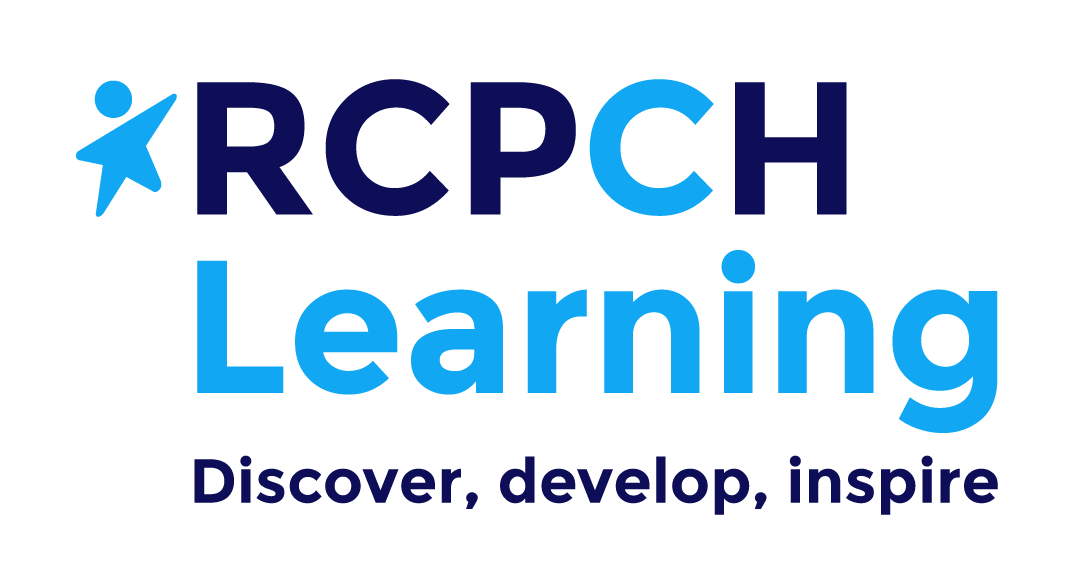Length
4 hours in total
Target Audiences
- Designed to support paediatricians in training with little or no previous research experience to learn more about research.
Self paced
Work through the module at your own pace. When you have completed the module, you can return at any time to re-review any of the sections.
Free
Log in with your account
About this course
Overview
‘From Curiosity to Discovery: Research Essentials for Paediatricians in Training‘ is an online event that took place in December 2024. Five workshops and talks were held throughout the day to help paediatricians explore the essentials of research in paediatrics.
This page has been provided as a platform for viewers to access workshops from the day.
How to use this page
You will find the course content below. This Research Essentials for Paediatricians in Training page has 6 steps:
1-5. Event recordings
6. Post-course evaluation form
Once you have completed each section, click the ‘Mark complete‘ button.
Next, complete and submit the post-course evaluation form, and click the ‘Mark complete‘ button.
Once all steps have been completed, a downloadable certificate of completion will be issued on the page.
If you have any questions, please contact the RCPCH Learning team.
Involving Children and Young People – How to speak with children, young people and families about evidence and co-production in research
Jennifer Preston
Duration: 1 hour
Summary: The main aim of this workshop is to understand the importance of children and young people’s involvement in the design and conduct of child-health research; explore how to do this in practice and ensure involvement is meaningful.
Quality Improvement (QI) – Tools, Methodology and Projects
Dr Chantelle Tomlinson
Duration: 40 minutes
Summary: This workshop will cover the fundamentals of QI in practice, guiding participants on how to access relevant training and develop essential skills, and how to effectively apply robust QI methodologies to meaningful projects within a rotational training programme.
Associate Principal Investigator (PI) Scheme – Working with Research Delivery Networks and Research Nurses
Professor Saul Faust
Duration: 1 hour 12 minutes
Summary: This workshop will introduce the Associate PI scheme, highlighting its purpose and showcasing data and examples of how paediatricians have participated. It will also explore various pathways into research and discuss the NIHR infrastructure available to support researchers, including the NIHR Research Delivery Network, Clinical Research Facilities, Biomedical Research Centres, and Applied Research Centres.
Systematic Reviews – How to find evidence, how to write questions and guidelines
Nishanthi Talawila Da Camara, Rosa Neito
Duration: 40 minutes
Summary: This session will cover the key principles of high-quality guideline development, outlining each stage from scoping to publication. Following an introduction to systematic reviews, critical appraisal, and consensus methods such as Delphi, the session will conclude with a discussion on common pitfalls in guideline development and how to avoid them.
Research priority setting: What are the research priorities for the next five years?
Dr Eva Wooding, Dr Eva Loucaides
Duration: 40 minutes
Summary: This session will introduce priority setting in research, providing an overview of recent exercises in child health. It will highlight why resident doctors are well-positioned to identify research priorities. Participants will have the opportunity to contribute to setting priorities for the Trainee Research Network of RCPCH, shaping future directions in supporting resident doctors and improving patient care.
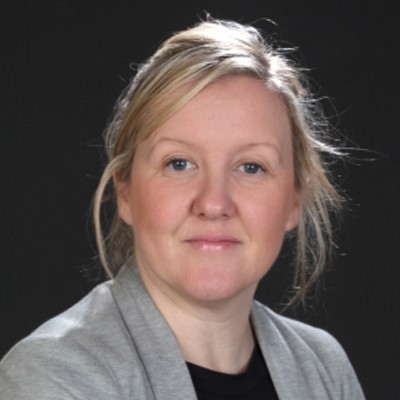
Jennifer Preston
Senior PPI and Engagement Manager, NIHR Alder Hey Clinical Research Facility; PhD Candidate, University of Liverpool
With 19 years of experience, Jenny specialises in involving children, young people and families in paediatric health research. She is the PPIE Manager at NIHR Alder Hey Clinical Research Facility and Executive Lead at the NIHR HealthTech Research Centre. She also leads PPIE initiatives for EATC4Children and GenerationR Alliance and co-founded eYPAGnet, a European network for young people in research. Currently, she is a PhD candidate at the University of Liverpool, researching meaningful patient and public involvement.
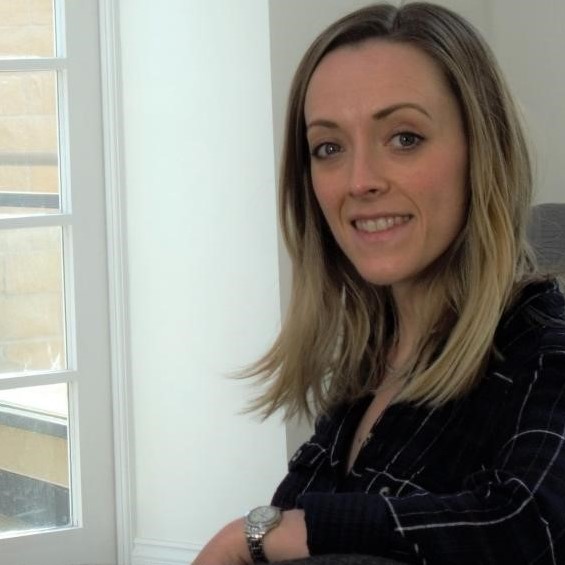
Dr Chantelle Tomlinson
Consultant Neonatologist, Nottingham University Hospitals and BAPM
Chantelle is a Neonatal Consultant in the East Midlands and Quality Lead for the British Association of Perinatal Medicine. Her passion for Quality Improvement (QI) began during a break from neonatal grid training, leading to fellowships in the UK and abroad to explore advancements in perinatal care. In Nottingham, she co-leads a multi-professional programme that provides fellowships and training in Quality, Risk, and Safety, driving improvements across clinical specialties in a large Trust.
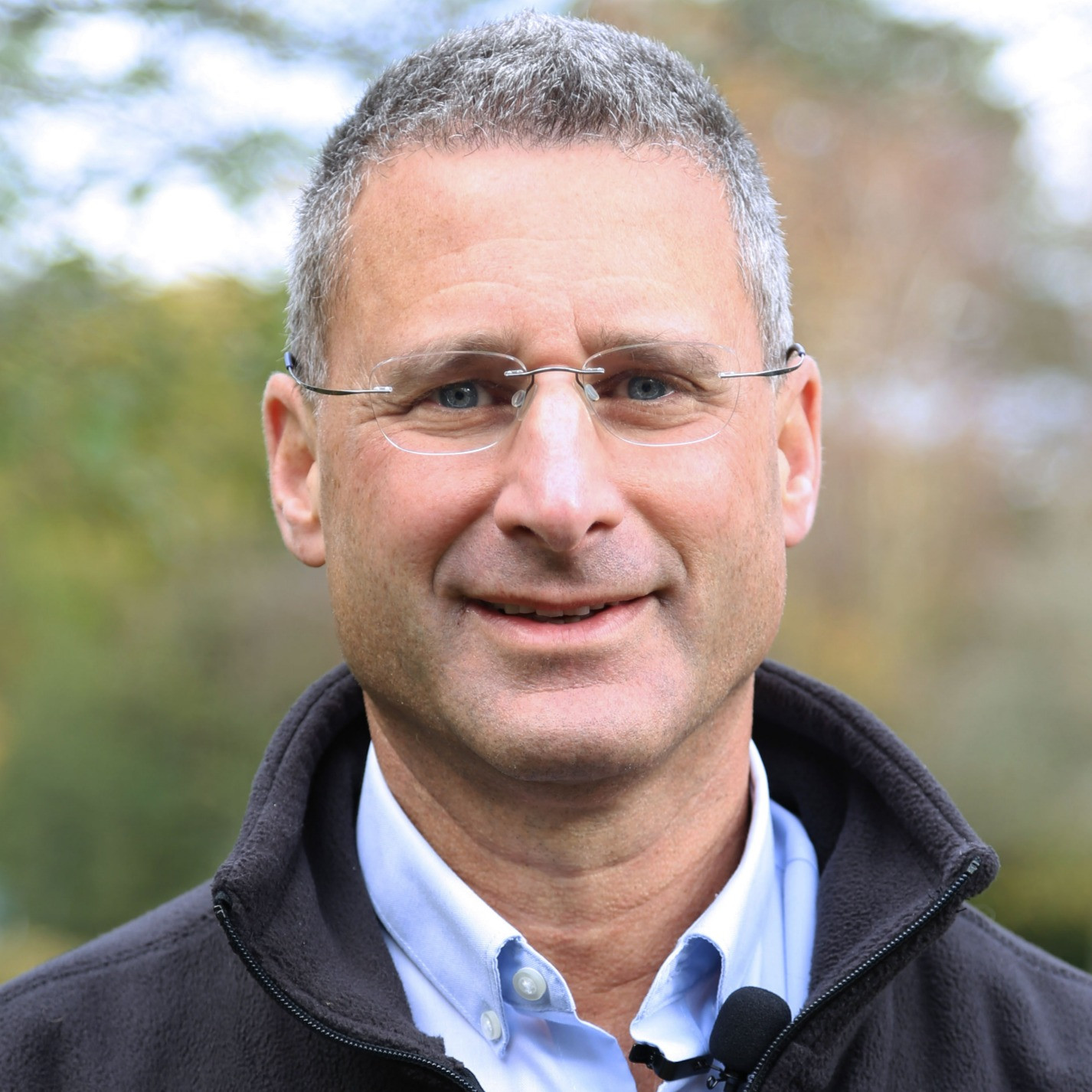
Prof Saul Faust
NIHR Research Delivery Network Co-National Speciality Lead for Children, University of Southampton
Professor Saul Faust FRCPCH PhD OBE is a Paediatric Immunology & Infectious Diseases specialist at the University of Southampton and University Hospital Southampton NHS Foundation Trust. He holds multiple research leadership roles, including Director of the NIHR Southampton Clinical Research Facility, NIHR Senior Investigator, Co-Director of the UK National Immunisation Schedule Evaluation Consortium (NISEC), and Co-Health and Care Director (Medical) for NIHR South Central Regional Research Delivery Network. He also serves as National Clinical Lead for Infection Vaccines in the NIHR Vaccine Innovation Pathway.
As a clinical researcher, he conducts trials in children and adults and was Chief Investigator for the UK COV-BOOST COVID-19 vaccine trial. He also designed the HARMONIE trial for RSV prevention in collaboration with colleagues and Sanofi.
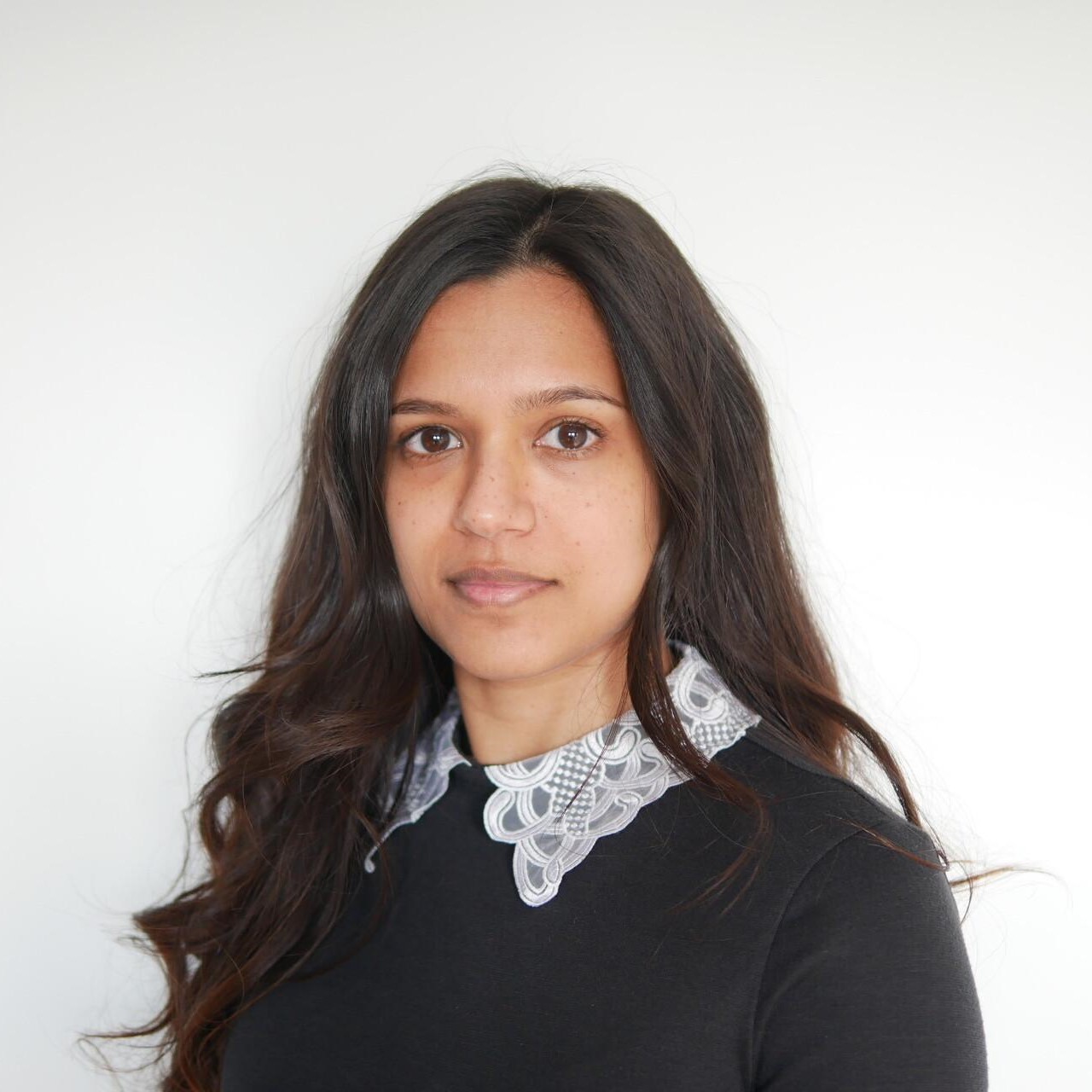
Nishanthi Talawila Da Camara
Head of Research and Evidence, RCPCH
Nish is the Head of Research and Evidence at RCPCH. With expertise in evidence-based methodologies, Nish is responsible for the RCPCH Child Protection systematic reviews and working with the team to ensure use of robust methodologies and best available evidence in the development of guidelines, and best practice recommendations. Nish has also created an eLearning module on Systematic Reviews which is available through RCPCH Learning.
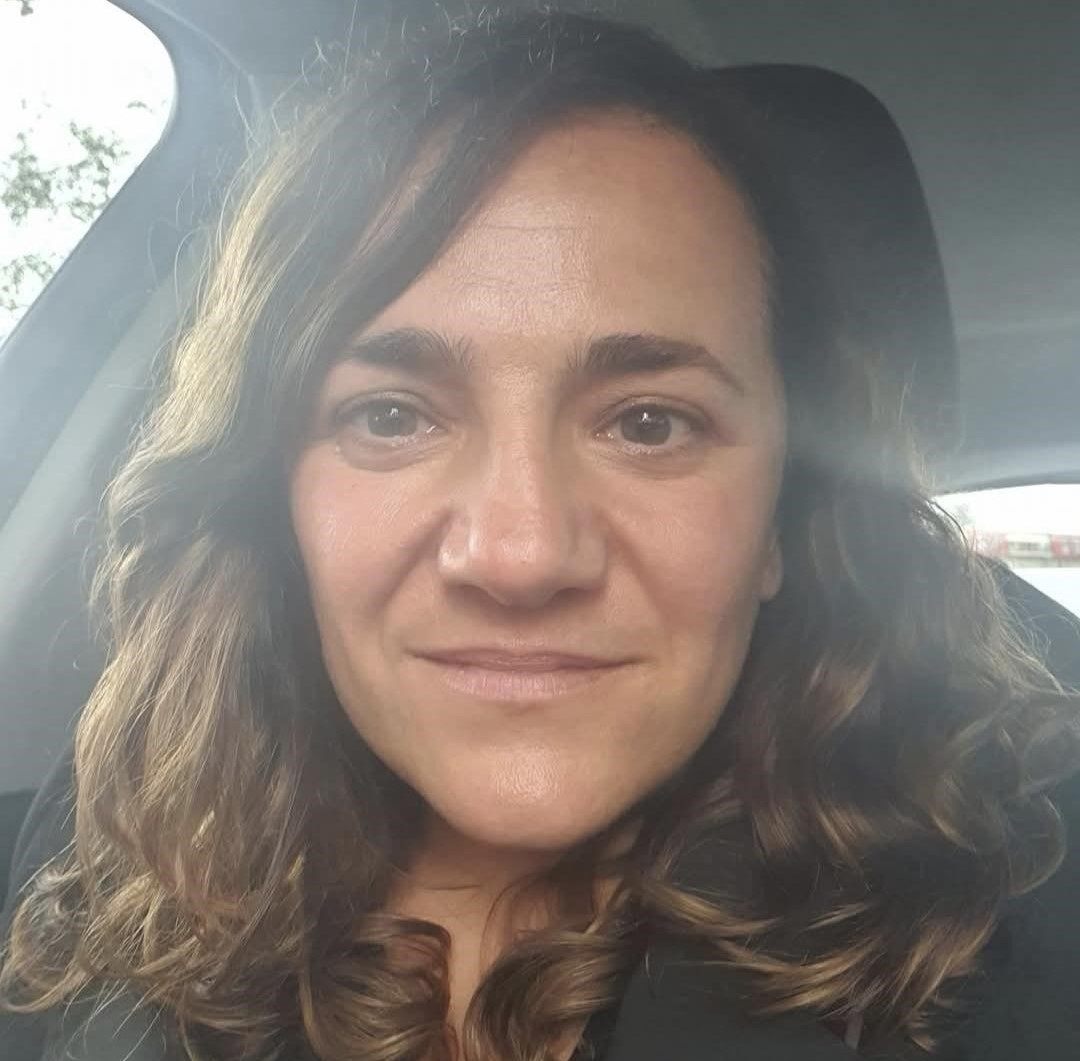
Rosa Nieto
Clinical Guidelines Manager, RCPCH
Rosa currently leads the Clinical Guidelines Programme at the RCPCH. She has more than 10 years’ experience in the development of high quality clinical guidelines with NICE accreditation standards. She has led the development of clinical guidelines in different medical topics and has also supported paediatric specialty groups to achieve RCPCH endorsement.
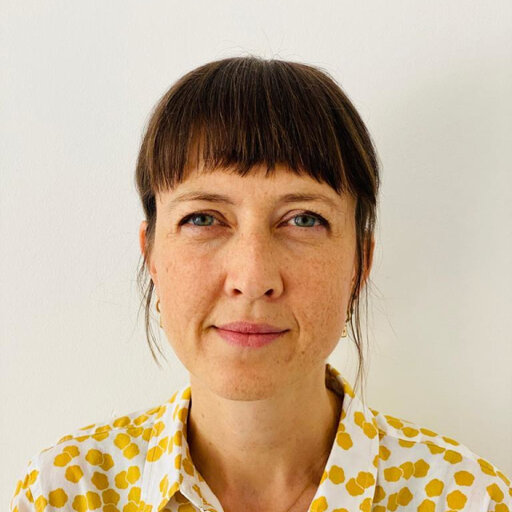
Dr Eva Loucaides
ST6 Paediatric Registrar, Chelsea and Westminster Hospital/TRN member, RCPCH
Eva works as a paediatric registrar in London. She has always been research active having completed a pre-medicine PhD, an Academic Foundation Programme and an Academic Clinical Fellowship. She is passionate about global child health and has worked on research projects in the UK and Africa with a focus on newborns and survivors of neonatal pathologies.
Eva champions research skills and research involvement for all resident paediatricians: she co-chaired the academic subgroup of the London School of Paediatrics Trainees Committee, founded the London based resident-led research network REACH (Research, Evaluation and Audit for Child Health) and is a member of the RCPCH TRN group.
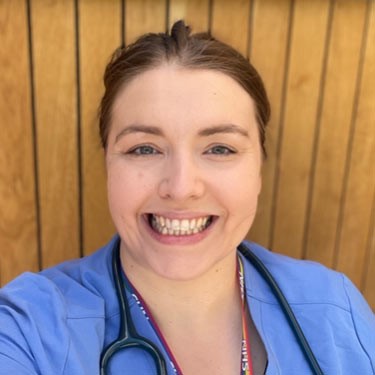
Dr Eva Wooding
Paediatric Registrar, University Hospitals Plymouth/TRN Co-chair, RCPCH
Eva is a less-than-full-time paediatric registrar at University Hospitals Plymouth and a GW4-Clinical Academic Track PhD fellow. Her research focuses on Aspergillus fumigatus in paediatric lungs, exploring fungal immunology and the impact of mould exposure on childhood asthma.
She is Co-chair of the RCPCH Trainee Research Network (TRN) and Chair of PenTRAIN, with experience as a sub-investigator for NIHR clinical trials. Holding a Master’s in Clinical Education, Eva lectures on evidence-based healthcare, advocating for junior-led research and building research skills in child health. She balances LTFT training with clinical practice, academic projects, and life administration.
As of 1st September 2016 the Revalidation and CPD team of the Royal College of Paediatrics and Child Health no longer allocates a number CPD credits to courses or events. The removal of credits associated with events allows delegates to record the educational benefit of the activity through written reflection, in contrast to quantifying the significance based on the time duration of the course. This is in accordance with changes made to the CPD Scheme guidelines published in April 2016.
Detailed information and scheme guidance can be found on the RCPCH website
When recording the activity, delegates should focus on the reflection and detail the following:
- What did you learn?
- What effect has/will the learning had/have on your current practice?
- What further learning or action, if any, is needed as a result of the original learning activity?
Should you have any questions regarding the removal of credits, please feel free to contact the CPD team
If you use the RCPCH CPD Diary, you can click here to visit the diary and record your learning: Log your learning on the RCPCH CPD Diary
Related resources
-
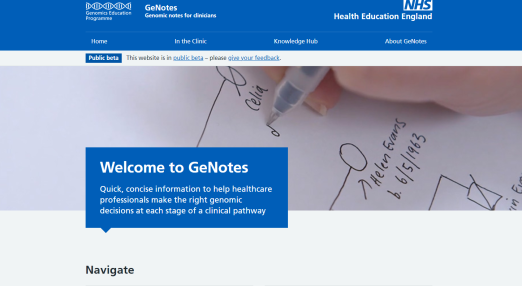
RCPCH Webinar: Paediatric GeNotes: Facilitating genomics mainstreaming for paediatric clinicians
In this webinar, Professor Kate Tatton-Brown and Dr Eleanor Hay present the exciting new GeNotes online platform, which launches this May 2023. GeNotes is designed to support clinicians in gaining confidence and competence in genomic practice.
-

Whole genome sequencing: developments and future perspectives
On 20 January 2023 we hosted a webinar discussion with Genomics England to hear the most recent updates and the future perspectives in paediatric genomics. You can watch the recording and read our speakers' responses to questions posed by delegates during the event.
Found an issue? Please get in touch with us:
Email us at rcpchlearning@rcpch.ac.uk